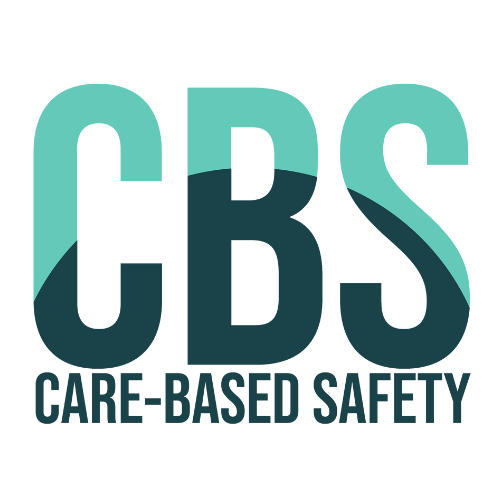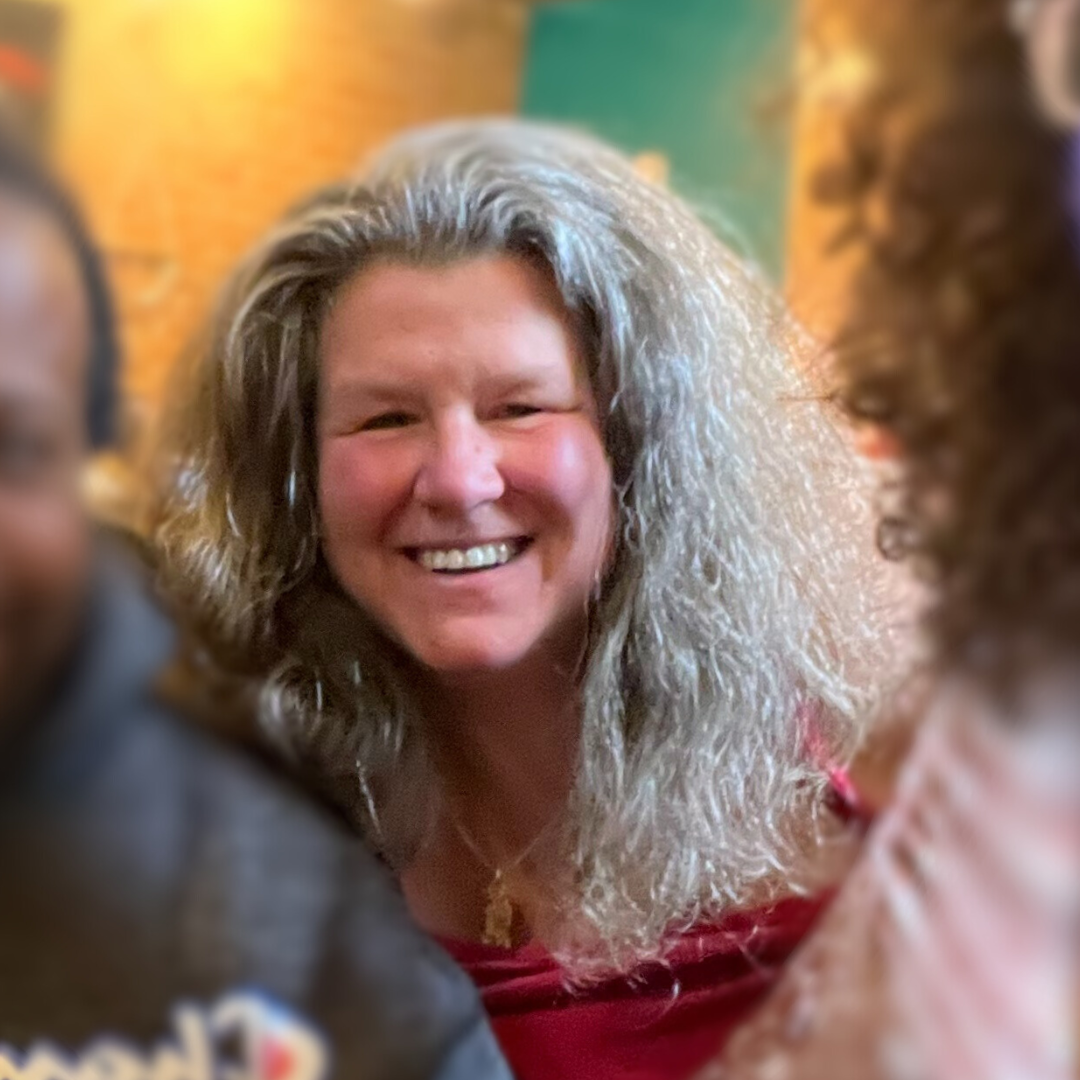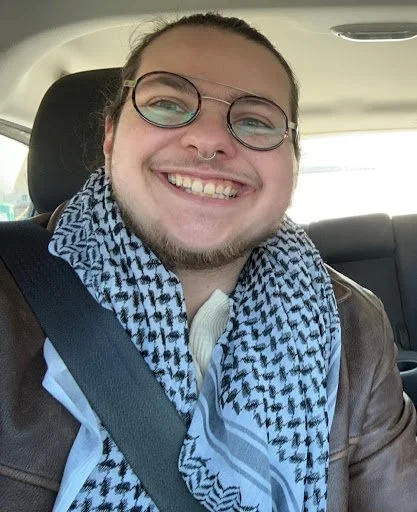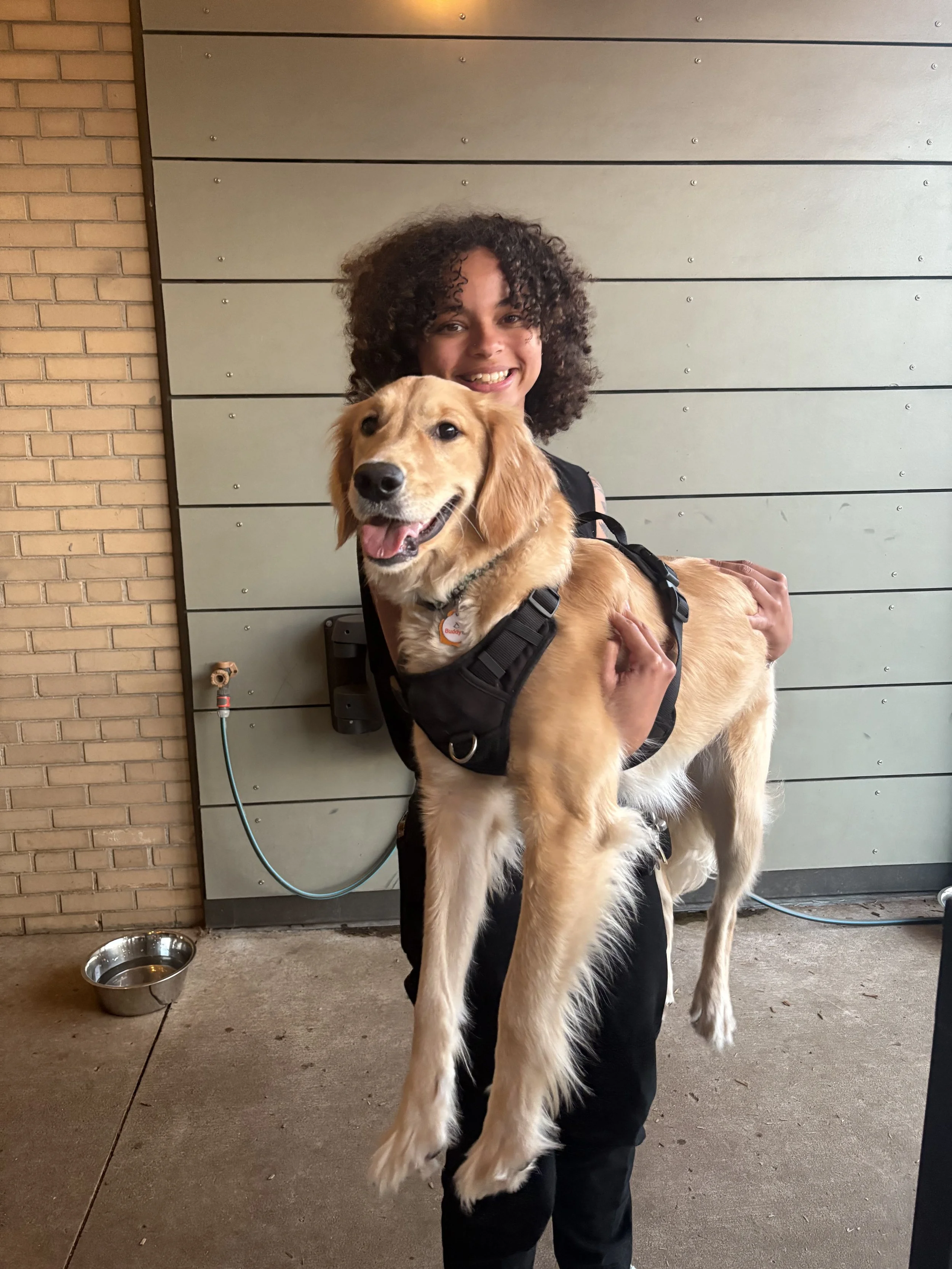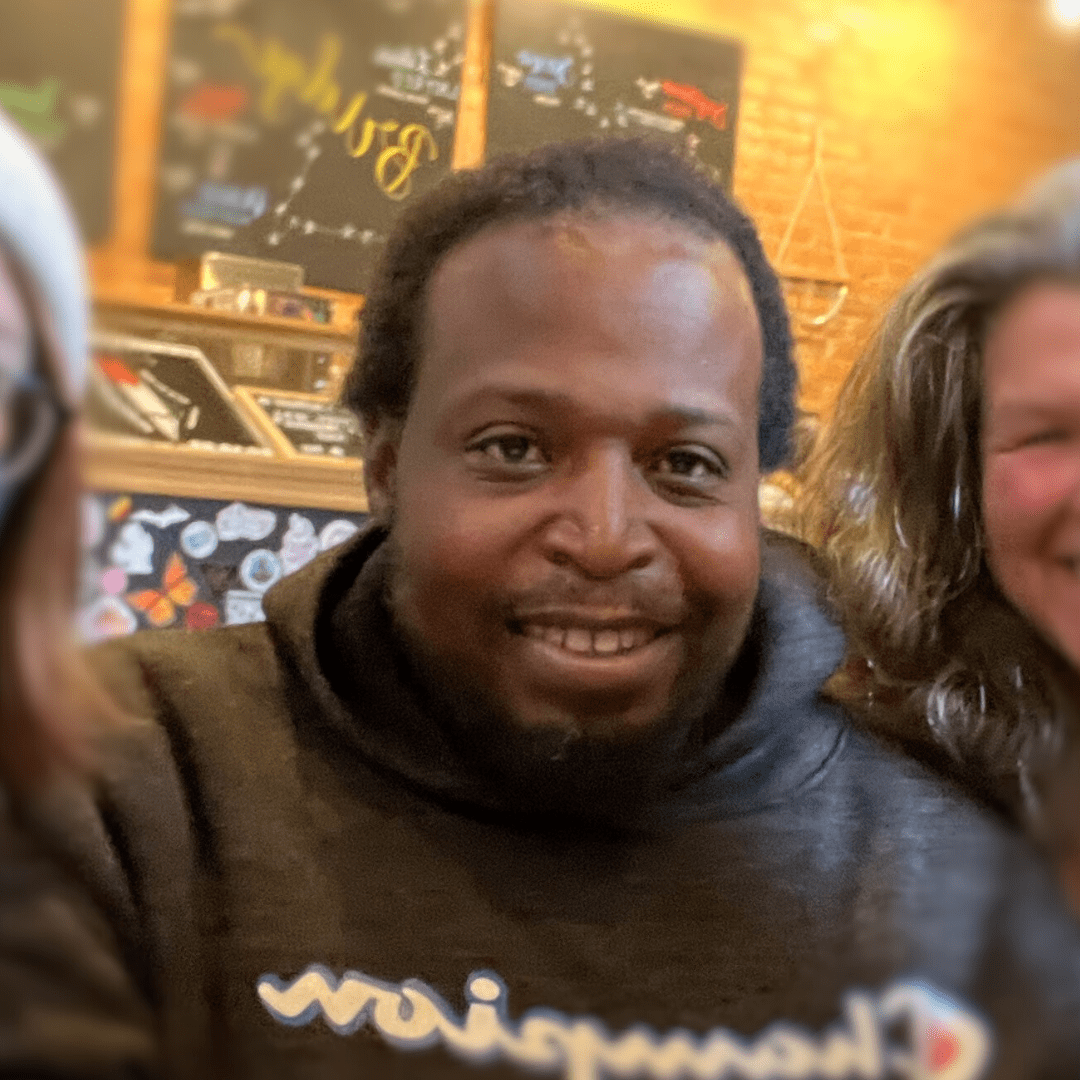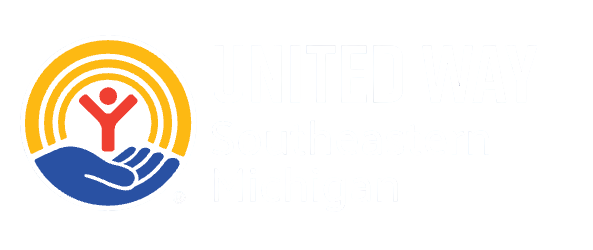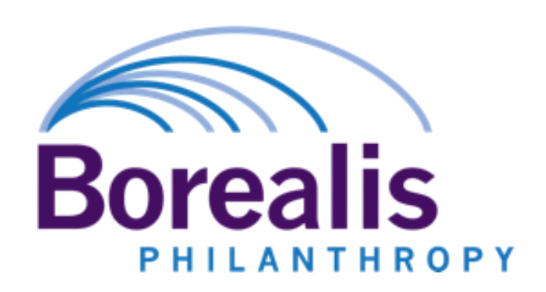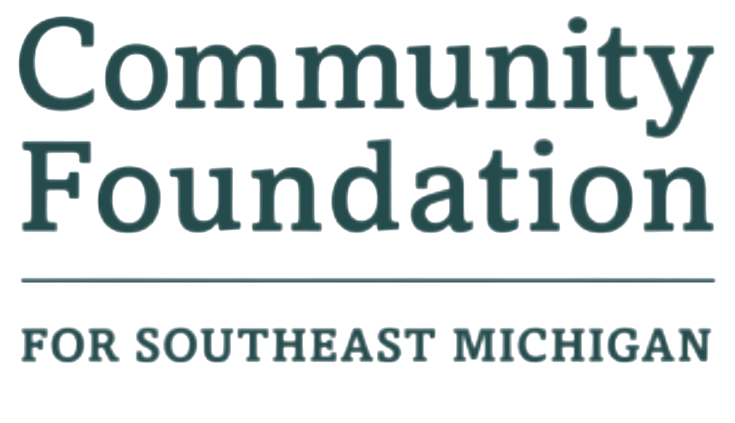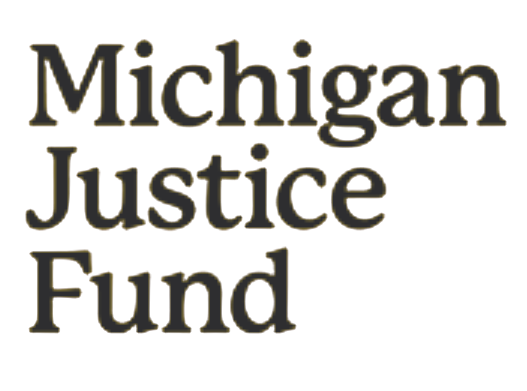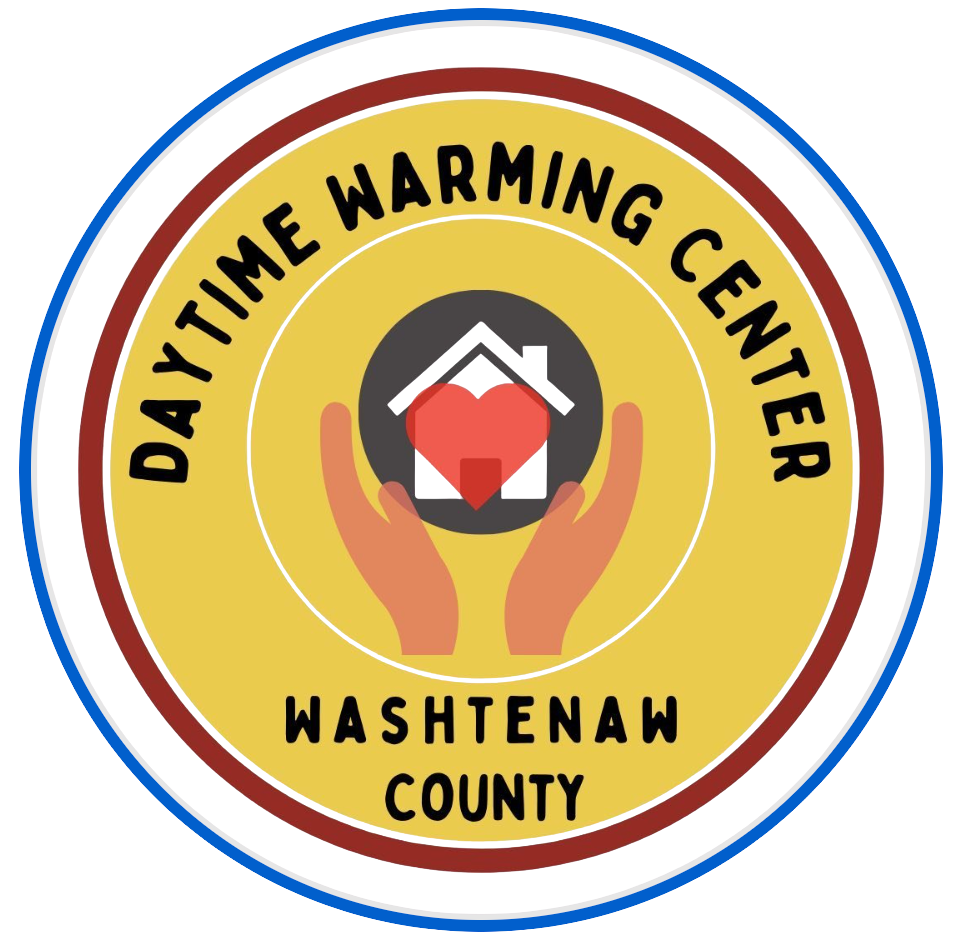Moving at the Speed of Trust
Care-Based Safety is dedicated to acting with principle and intention. We are taking careful steps in building a community response program that brings loving, unarmed support to people directly impacted by structural violence – without police. In our planning, response, and practice we center the needs of people who are Black, Indigenous, undocumented, unhoused, LGBTQIA+, using drugs, and/or experiencing mental health struggles.
For Us,
By Us.
Together, we’re creating the first unarmed, non-police response program in Michigan. For us, by us. We’re trying to raise $25,000 from supporters like you, to continue building our response program in Ypsilanti.
Our Programs
Care-Based Safety operates one program with two core components: Community Building, which strengthens communities to prevent harm, and Care-Based Response, which provides support before, during, and after conflict, crisis, or other concerns.
Using a public health approach, our program is led by highly trained, fairly compensated peer workers, with additional support from dedicated volunteers. Shaped by Coalition to Re-Envision Our Safety (CROS) research and 18 community listening sessions in 2023, it is designed to be independent from government, separate from 911 and law enforcement, sustainably funded, and peer-led.
In addition to responding to individual conflicts, we address structural violence—such as institutional neglect and discrimination—that fuels harm in our communities. Every decision we make is rooted in safety, self-determination, dignity, and community consent.
“We urgently need to bring to our communities the limitless capacity to love, serve, and create for and with each other.”
— Grace Lee Boggs
Who We Are
Friends & Partners
Contact Us
Interested in working together? Fill out some info and we will be in touch shortly. We can’t wait to hear from you!
